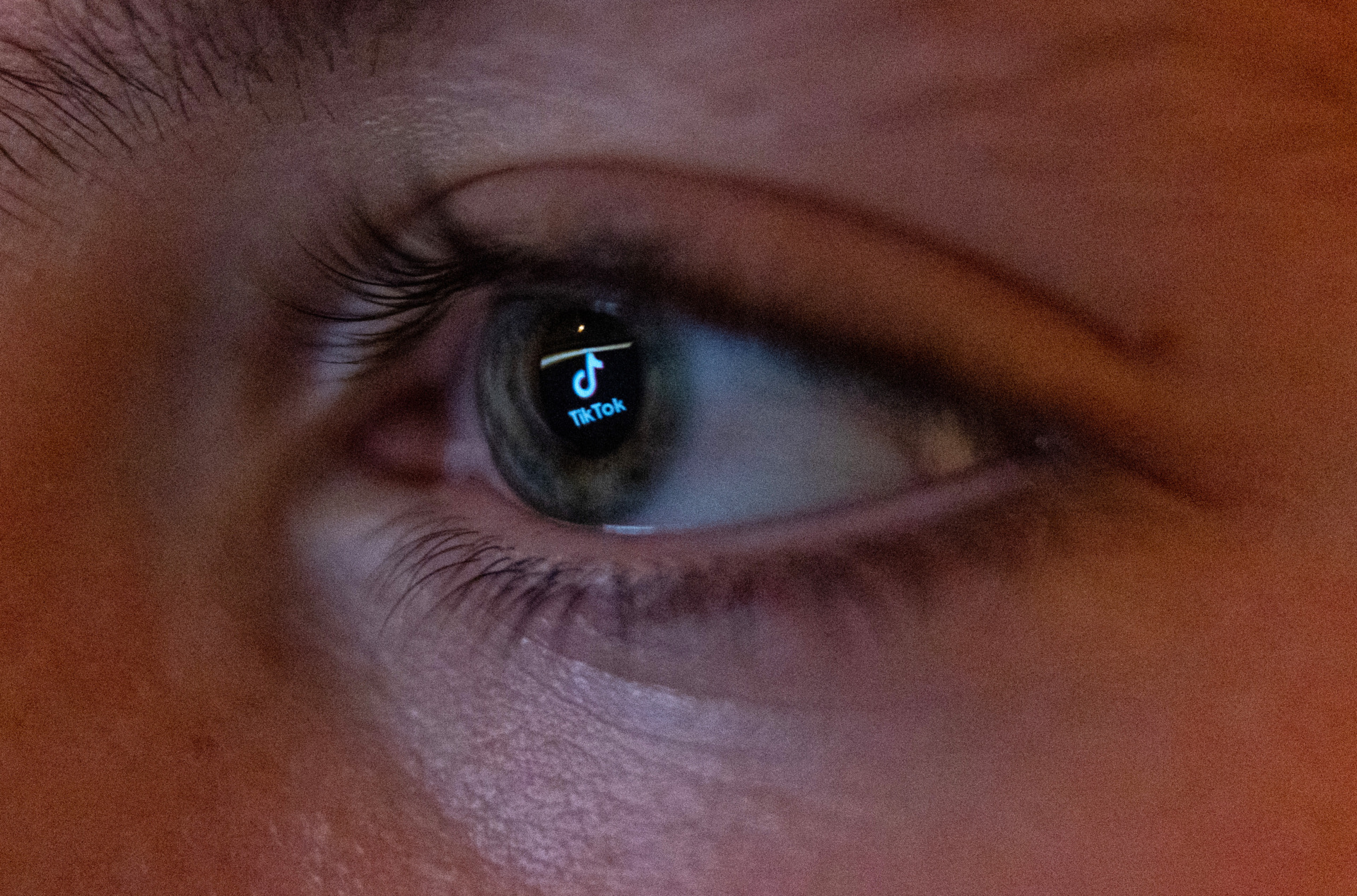
Chinese government documents and restricted military journals show how the Chinese Communist Party (CCP) is using social media like TikTok and Hollywood to target vulnerable young consumers and tear at the fabric of American culture, according to Peter Schweizer’s new book: Blood Money: Why the Powerful Turn a Blind Eye While China Kills Americans.
“The Chinese military and Communist Party officials have thought deeply and written extensively about waging ‘cognitive warfare’ on the United States. The CCP sees apps such as TikTok, video games, and movies as powerful weapons to wage psychological warfare against the West,” Schweizer writes. “…Unfortunately, they have found willing accomplices among some of the most powerful people in American politics and entertainment. Those national leaders continue to turn a blind eye to the challenge, refusing to acknowledge what Beijing is doing.”

(Matt Cardy/Getty Images)
Schweizer, a Breitbart News senior contributor and the President of the Government Accountability Institute, notes that “despite its links to the Chinese propaganda apparatus, TikTok has thrived with the help of American celebrities and thought leaders who are either ignorant or ambivalent about TikTok’s true nature.”
TikTok is run by the company ByteDance, which is “wedded to the Chinese Communist Party military-intelligence-industrial complex,” he writes. While the app has “penetrated the heart of America’s culture, becoming a central part of the lives of our children and young adults,” the Chinese government does not permit the app for its own population. Instead, the CCP harnesses the app’s addictive quality to target and shape the minds of young Americans for its own purposes, all while designating TikTok’s powerful algorithm as a top secret “national security asset.”
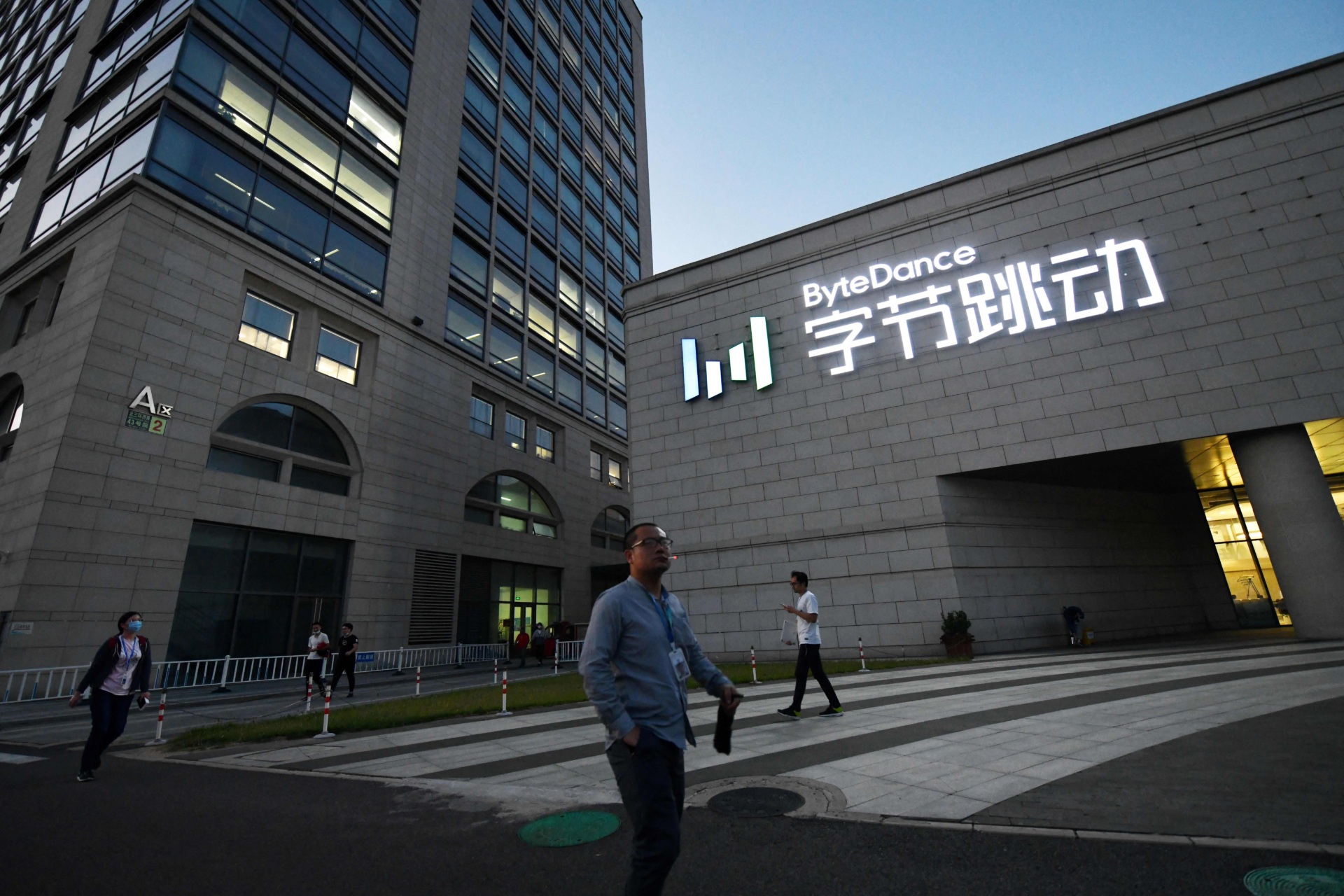
The headquarters of ByteDance, the parent company of video sharing app TikTok, in Beijing, China, on September 16, 2020. (GREG BAKER/AFP via Getty Images)
The first celebrity to promote TikTok was the late-night talk show host Jimmy Fallon, according to Blood Money.
“There’s a really cool app I’ve been getting into lately called TikTok,” Fallon told millions of Americans watching his show. “Do you guys know that?”
“If you don’t have it, download it,” he instructed.

Singer Shakira and host Jimmy Fallon during the “Watch It Once TikTok Challenge” on the Tonight Show on May 16, 2022. (Todd Owyoung/NBC/NBCU Photo Bank via Getty Images)
Schweizer continues, noting other celebrities who promoted the CCP-linked app:
What Fallon didn’t tell his audience was that he—not The Tonight Show itself—had forged a partnership with the Chinese company and created a series of TikTok “challenges” designed to grow interest in the app. The daytime talk show host Ellen DeGeneres soon followed with an equally glowing account on her show. The rapper Cardi B, for a large fee, posted some videos on TikTok—to no great effect, but it did lend her name to the platform. None of those celebrities seemed to weigh the gravity of being used to encourage Americans to download a potential Chinese spy app. How much money they were paid is not known.
“Celebrities weren’t alone. Major American institutions jumped in to work with TikTok. In 2019, for example, the NFL announced a multiyear content partnership with TikTok,” Schweizer adds. “One wonders what conversations were had besides ‘Show me the money!’ As we will see, politicians also lined up to use it.”
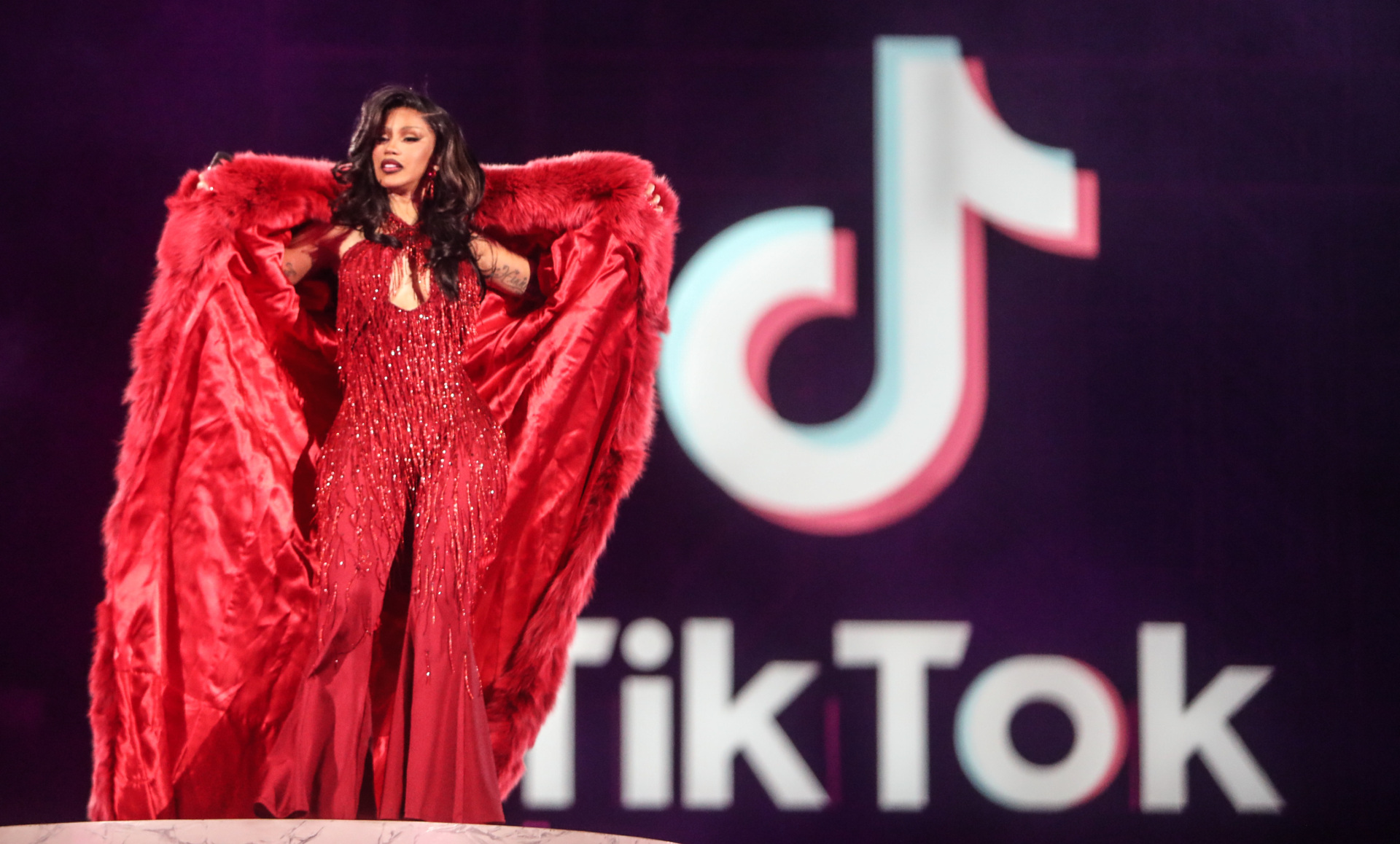
Cardi B performs onstage during TikTok In The Mix at Sloan Park on December 10, 2023, in Mesa, Arizona. (Thaddaeus McAdams/Getty Images)
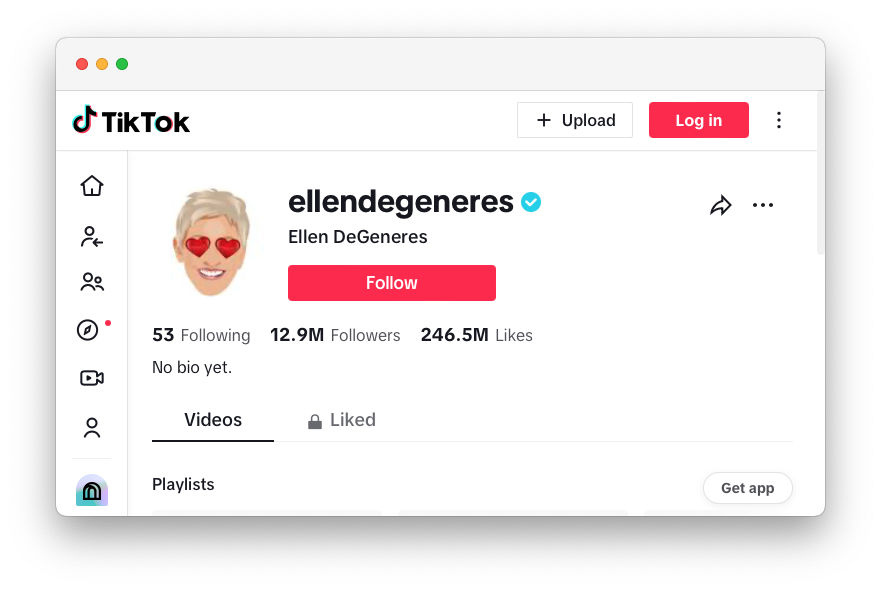
Screen grab of Ellen DeGeneres’ TikTok account on March 9, 2024.
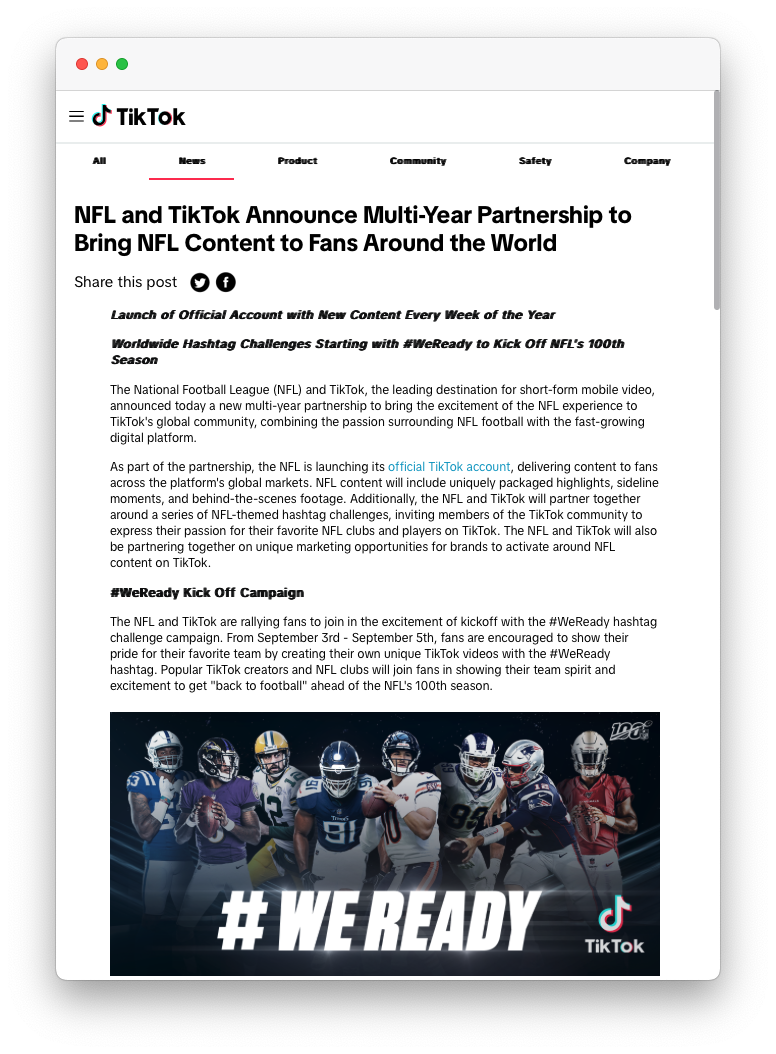
Screen grab of the TikTok post announcing the app’s multi-year partnership with the National Football League on September 3, 2019.
In one of the restricted military journals detailed in Blood Money, Colonel Dai Xu, a professor at China’s top military academy, People’s Liberation Army (PLA) National Defense University (PLA-NDU), wrote that the real battle between the United States and China is “information-driven mental warfare” and compared apps such as TikTok and social media platforms to a “modern day Trojan Horse” for pro-CCP propaganda and values.
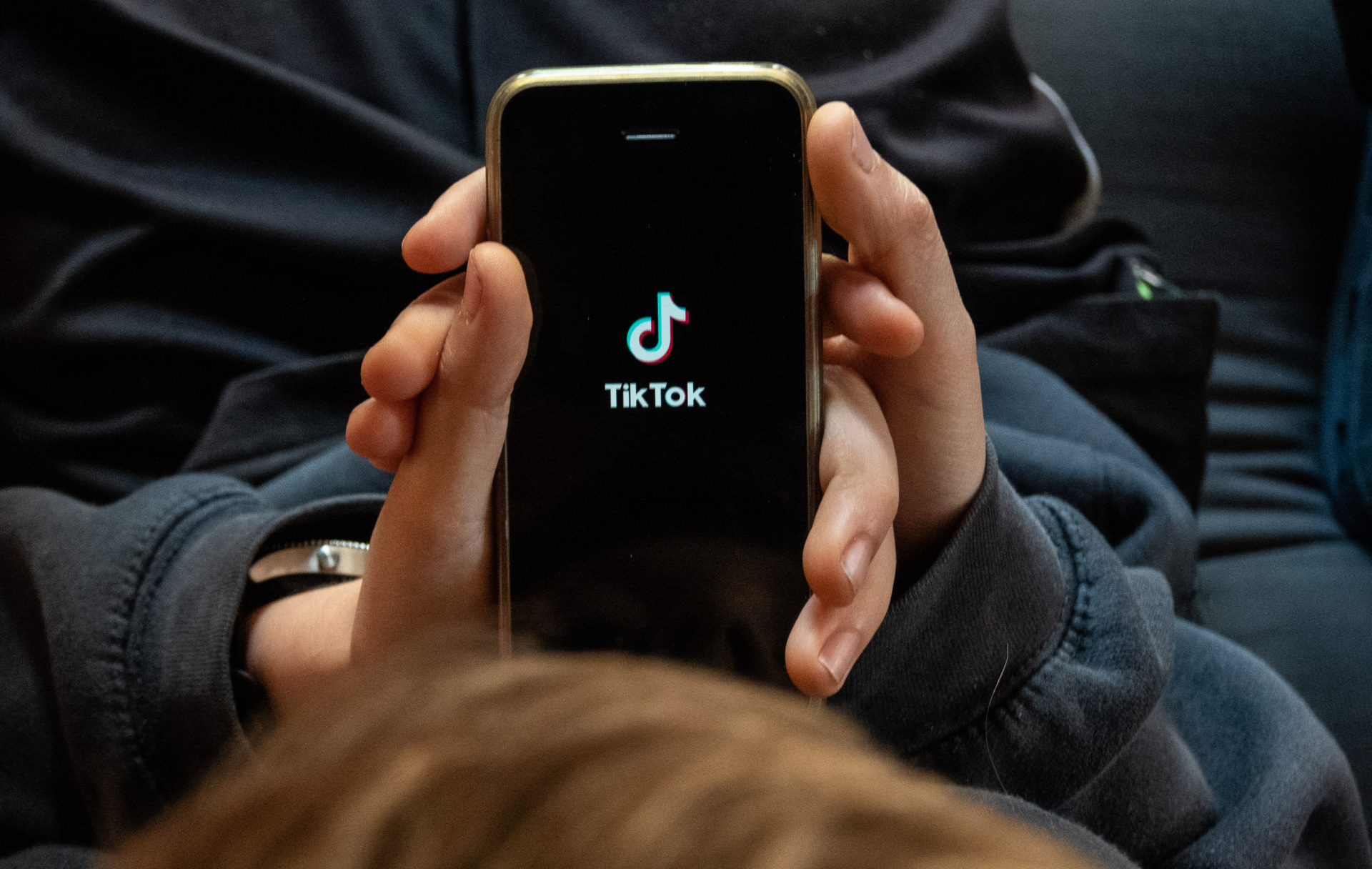
(Matt Cardy/Getty Images)
Another leading Chinese PLA strategist, Zeng Huafeng of the National University of Defense Technology (NUDT), wrote of a cognitive, or mind, war on the United States, and proposed how to defeat the U.S. without firing a shot.
Schweizer writes:
Zeng defines the “cognitive space” as “the area in which feelings, perception, understanding, beliefs, and values exist” and argues that this is where the battle can be won. To that end, he said, Beijing must use “information and popular spiritual and cultural products as weapons to influence people’s psychology, will, attitude, behavior and even change the ideology, values, cultural traditions and social systems.” According to Zeng, these cultural tools, including apps, video games, and films, should be used to “target individuals, groups, countries, and even people around the world.”
Zeng further argued that Beijing can win “mind superiority” through several means, including:
- “Perception manipulation” via propaganda, by changing how people look at the present
- “Cutting off historical memory” by warping their views of their own country’s past so people will be open to changing their values
- “Changing the paradigm of thinking” by targeting people to change the way they view problems and thereby changing their beliefs
- “Deconstructing symbols,” by getting people to reject certain traditional symbols and thereby modifying a nation’s identity
“The ultimate goal is to manipulate a country’s values and achieve strategic goals without an actual overt military battle,” Zeng added.
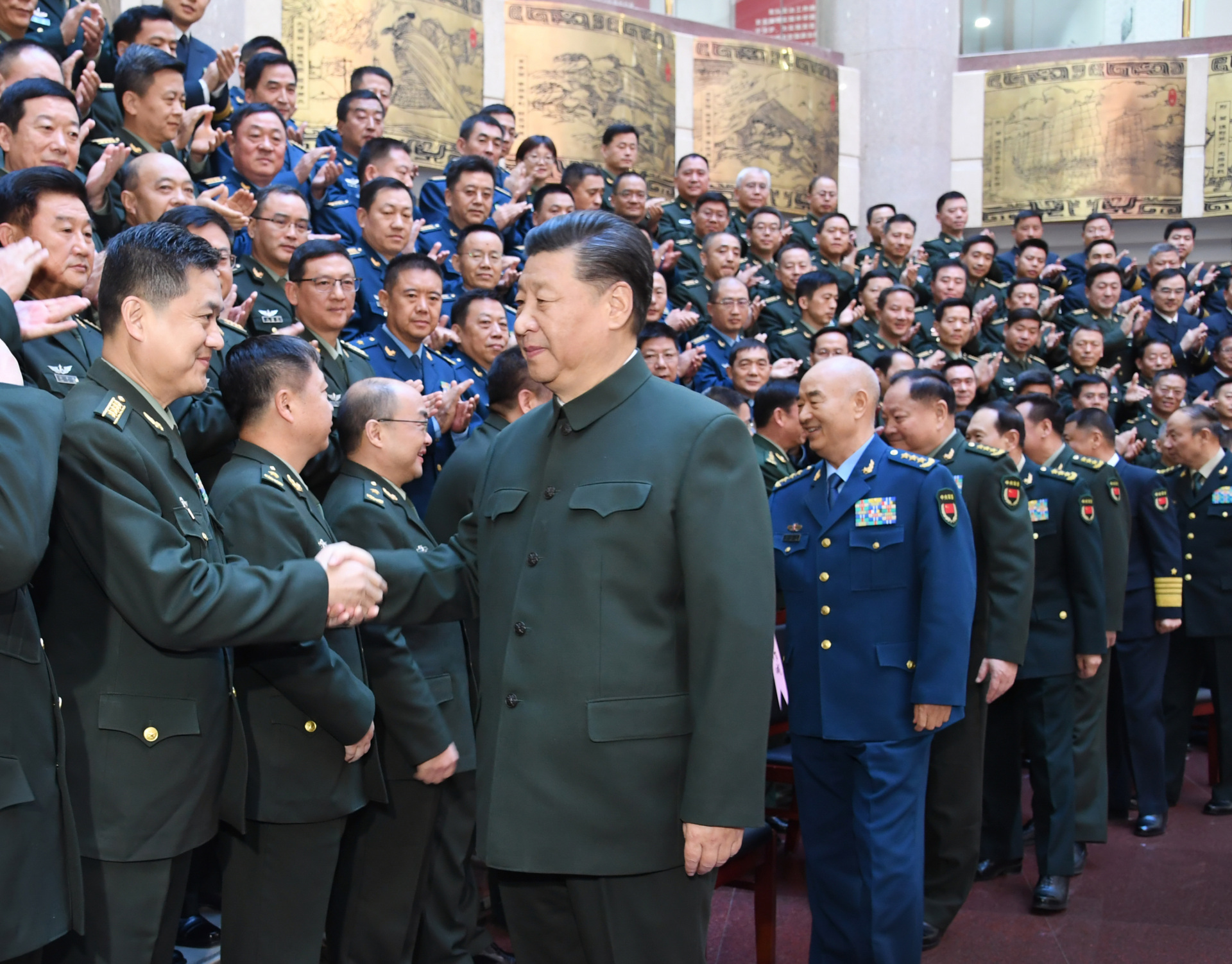
Chinese Communist Party Leader Xi Jinping meets with all members of a training session for heads of military academies and schools at the National Defense University of the People’s Liberation Army in Beijing, China, on Nov. 27, 2019. (Li Gang/Xinhua via Getty Images)
Strategists cited in Chinese Disinformation Efforts on Social Media advocated for “subconscious messaging” instead of overtly political propaganda, and using a soft touch to influence young people in the West.
Schweizer also cites “Communicating Our Military’s Advanced Military Culture to the World” by Xu Sen, which states:
“With regard to Western audiences, we need to conscientiously filter the content of communication, finding more points of resonance and common ground . . . even in the case of positive propaganda we also need to be adept at “softening” the content. For example, using stories to convey things, “translating” viewpoints into stories, and concealing them in stories, . . . we should adopt open and emotional methods.”
CCP strategists in an “Analysis of Modern Network Media Warfare in the Perspective of Intelligent Technology” added that propaganda is most effective when it can be directed to “impressible persons” through entertainment.
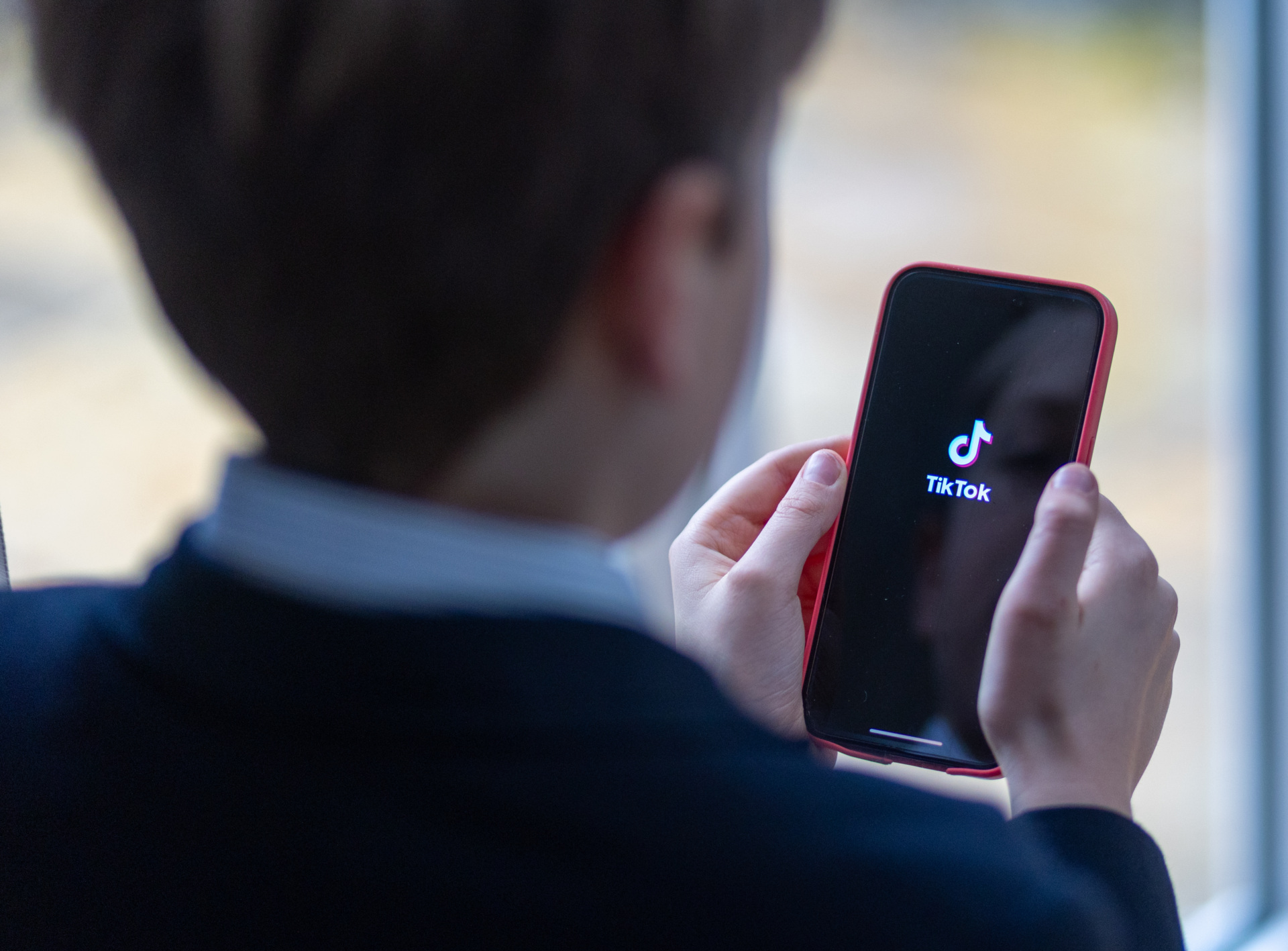
(Matt Cardy/Getty Images)
“Entertainment is the main motivation for Generation Z content consumption,” said Peng Zhen- gang, the deputy director of the Propaganda Department, in “Research on International Communication Strategies and Practice Paths of Generation Z.” By better understanding those they mean to propagandize, the CCP can “explore effective communication strategies and paths, [and] improve the ability to set agendas.”
Chinese psychological warfare specialists also have a special interest in “borrowing mouths to speak” to young Americans, Schweizer writes:
Liu Liming, writing for the Chinese military’s psychological warfare publication, recommended that Beijing should “actively cultivate a group of media outlets and think tanks with small audiences that are ‘grey’ and peddle falsehoods, and establish a database of negative topics and conspiracy theories” to thwart one’s “adversary, with a special focus on targeting younger Western audiences’ distrust of mainstream media, politicians, and even values.”
“The evidence is clear: Chinese psychological warfare strategists have Americans, particularly young Americans, in their crosshairs,” he continues. “They believe that not only are young people easier to influence but the effects of the propaganda messaging are longer lasting. The Chinese government is devoting serious amounts of resources to understanding how to manipulate young users. The Communist government recently opened an external propaganda office to target Generation Z audiences overseas.”
Schweizer notes that American politicians also lined up to use the app. In fact, just this month, President Joe Biden’s campaign opened an account on TikTok in an effort to reach young voters.
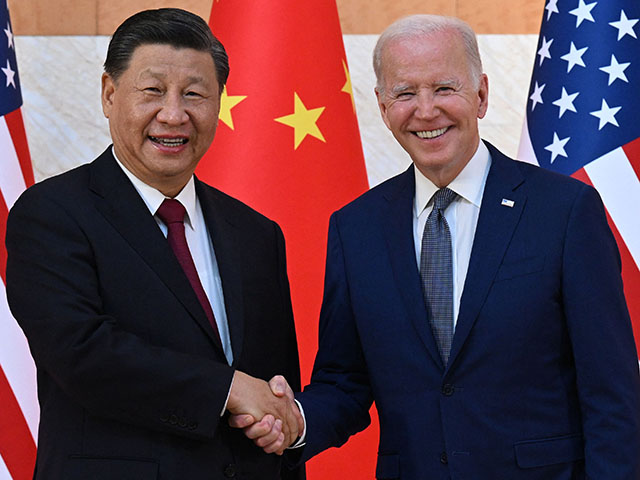
President Joe Biden shakes hands with Chinese Communist Party Leader Xi Jinping at the G20 summit meeting on November 14, 2022, in Bali. (SAUL LOEB/AFP via Getty Images)
Blood Money landed at #1 on the New York Times bestseller list this week, just one week after its release by publisher HarperCollins.
Katherine Hamilton is a political reporter for Breitbart News. You can follow her on X @thekat_hamilton.






